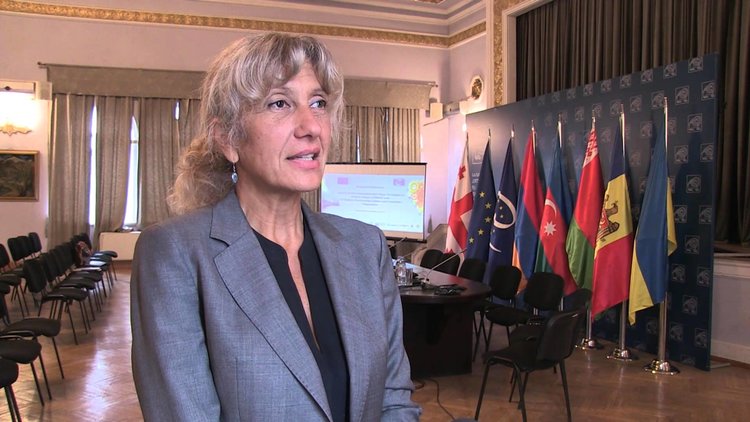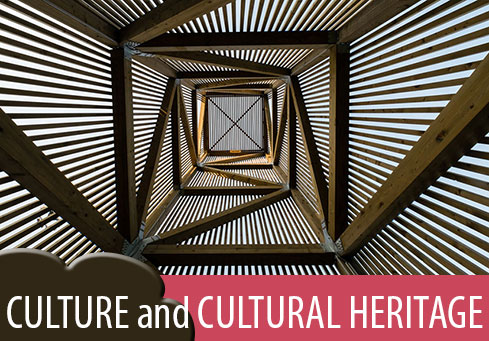Indicator Framework on Culture and Democracy (IFCD)

This is why the European Ministers of Culture at their Conference in Moscow in April 2013 requested the Council of Europe, in partnership with its member States, to develop a set of indicators for assessing culture’s contribution to democracy and the economic efficiency of financing culture.
The indicator framework has been built with the help of the Hertie School of Governance (Berlin) and leading research institutes, supported by the European Union and the European Cultural Foundation.
 The IFCD helps
The IFCD helps
- map European trends in access to and participation in culture and generate comparable national and European survey data,
- enhance existing information systems on culture and benefit related statistical projects.
 An interactive IFCD tool
An interactive IFCD tool
- supports compilation and follow-up of the indicators and is made available to member States and interested partners for their specific uses such as continual self-assessment and policy orientation,
- enables a more targeted allocation of resources to the cultural sector and a resulting effective reshaping of cultural policy.
Following the results of hypothesis tested, the indicator framework enables a strong statement on culture's value to democracy: robust relationships were identified between a number of culture and democracy dimensions such as active cultural engagement and democratic openness; political engagement; trust in society and well-being.
The IFCD is the basis for annual thematic reports on Culture and Democracy in line with Council of Europe priorities and also contributes to the annual Report by the Secretary General on the State of Democracy, Human Rights and the Rule of Law in Europe. A first thematic report "Cultural participation and inclusive societies" highlights the links between culture, trust in society and inclusion.
The second Thematic Report “Online Participation in Culture And Politics: Towards More Democratic Societies?” explores the impact of digitisation and the internet are having on cultural and political participation in Europe, examining the opportunities and challenges this creates. It concludes that targeted support for online participation in culture and politics could make a positive contribution to building and maintaining inclusive, democratic societies.
Indicator Framework on Culture and Democracy (IFCD): meeting of an expert group
The CDCPP warmly welcomed the first Indicator Framework on Culture and Democracy

Interview with Claudia Luciani on the Indicator Framework on Culture and Democracy
e-Zine magazine issued by European Cultural Foundation



